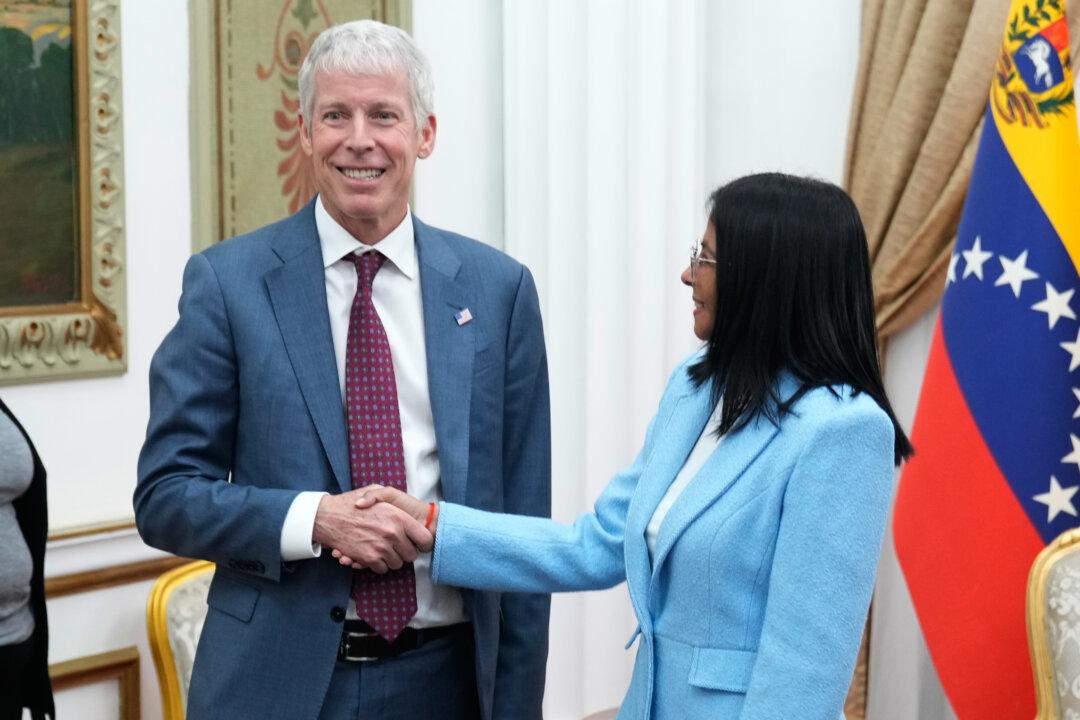Moscow has announced that it intends to increase its Government Reserve Fund by 273.4 billion rubles ($3.23 billion), with a major portion coming from oil and gas sales.
The funds will be used to implement measures to ensure the stability of the Russian economy as it faces extensive international sanctions, the Kremlin said in an April 10 statement. Of the 273.4 billion rubles, 271.6 billion rubles ($3.21 billion) will come from additional oil and gas revenues received during the first quarter of 2022.





